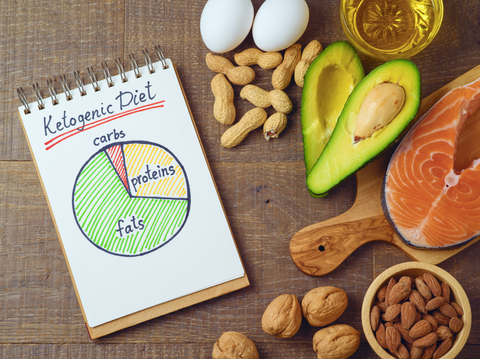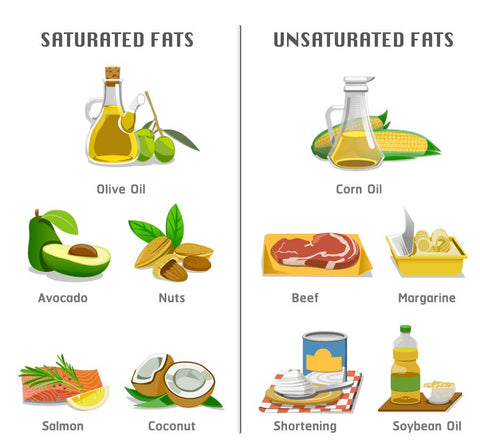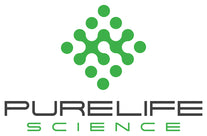The Ketogenic Diet and Pure Form Omega
Everywhere you turn, someone is talking about the ketogenic diet. But is it healthy? The answer is, as always, it depends. To put it simply, a ketogenic diet is high in fat. More precisely, it is a diet that requires your body to use ketones (from the digestion of fat) as a fuel source rather than glucose or sugar (carbohydrates). The goal is to end up in a state of “ketosis” [note that this is different than “ketoacidosis,” a dangerous condition that type 1 diabetics (insulin deficient) are at risk for].
Does the diet make sense? Well, it does from an evolutionary perspective. If you think of diet from a caveman’s perspective, they ate what they killed (animals are made of fat and protein, no carbs there) and what they foraged. Most of what they would pick and eat were seeds, which are high in fats, and root vegetables, which are complex carbohydrates. Simple carbohydrates (sugar) from fruit would have only been available for a short time during each year (i.e. a bear fattens up on berries to prep for the winter hibernation), and therefore simple carbohydrates were not the staple that they are in today’s North American diet.

It also makes sense from a biochemical perspective. It turns out the brain is seven to nine times more efficient when using ketones as fuel rather than glucose! This information is not surprising since the brain is 70% fat. The heart is also more efficient on ketones. Therefore, a ketogenic diet is the best option for gaining energy and losing weight (since carbohydrates are solely responsible for putting on body fat, the absence of them will cause the loss of body fat).
There are some drawbacks to the diet, however. There are two types of fat: saturated and unsaturated. Saturated fat comes mostly from animal fat and things like coconut oil. This fat is denser, both visually (think lard) and in energy (it has the most calories per gram). But rest assured, eating saturated fat will not make you fat. We do not have the enzyme pathway to convert ingested fat into body fat, and saturated fat is NOT associated with heart disease! So, go ahead and indulge! Chew the fat!

Now for the unsaturated fat; this is where everything can and does go wrong. Unsaturated fat is found mostly in seeds (hence seed oils). These fats are commonly known as the omega series of fats (the most well-known being omega-3, -6 and -9). These fats are inherently unstable, which means they decay easily. They must avoid exposure to oxygen and heat and should be consumed fresh. These are NOT USED AS FUEL! They are building blocks of every cell membrane in our body. They make our cell membranes’ liquid and are required for proper enzyme functioning. They are even required for proper DNA functioning! Unsaturated fats are incredibly important; however, they can also cause the most problems. Consider the most prominent seed oils we have in our food today: canola oil, soy oil, corn oil. These oils are processed; they are heated multiple times and undergo extraction with hexane (which is in your gasoline!). These are badly damaged fats, and when they are put in your cell membranes they cause cell membrane damage (poor energy, heart disease, cancer—the list is extensive). These fats have no place in human or any other animals’ nutrition.
The key to solving this issue is to eat large amounts of uncooked (raw) seeds. But failing that, Pure Form Omega contains these important unsaturated fats that every cell needs to function properly. The special nitrogen blanket processing maintains freshness throughout extraction and each capsule has a nitrogen bubble to keep out oxygen that will spoil the fats! It is an essential part of the ketogenic diet for those who find acquiring fresh, raw seeds difficult (or mostly impossible in North America).
So, if you’re thinking of doing or are doing a ketogenic diet, congratulations—you’re making the right choice! Do your research, and make sure your choice of unsaturated fats is clean and fresh. Pure Form Omega is the best choice; you will feel the difference.
